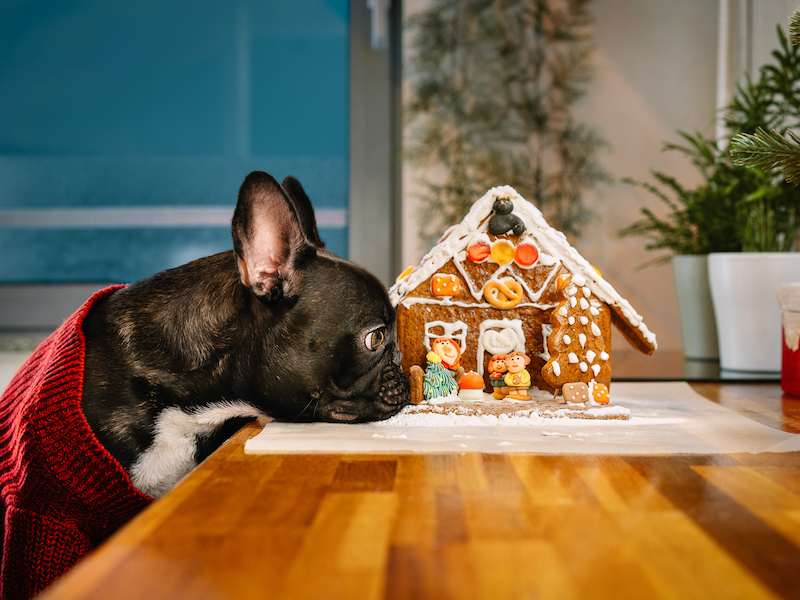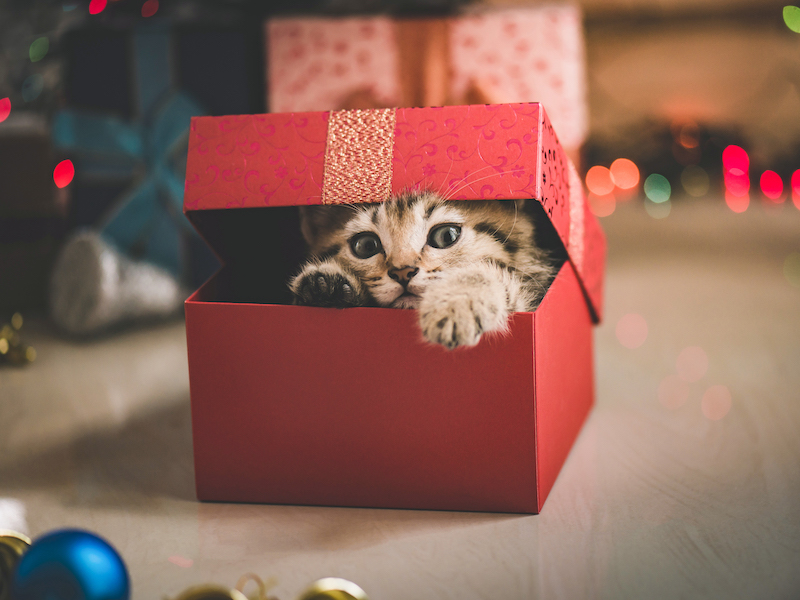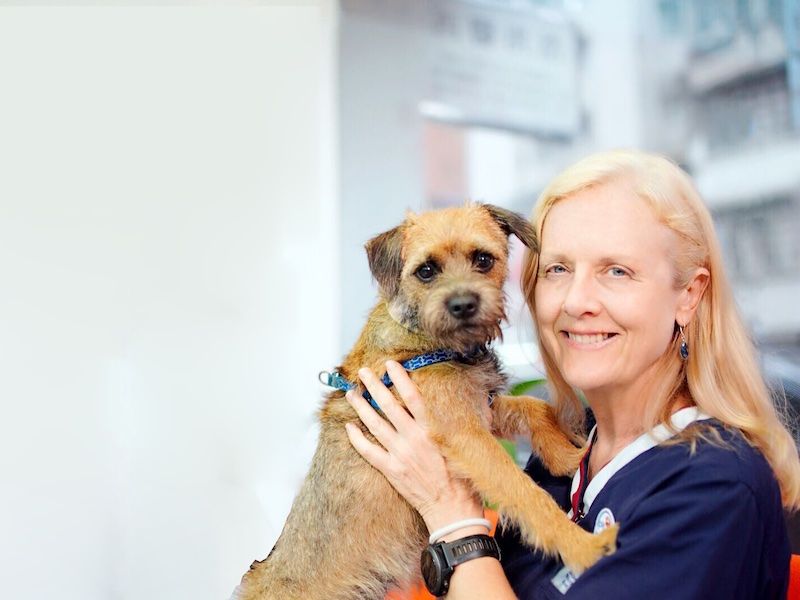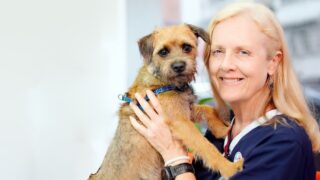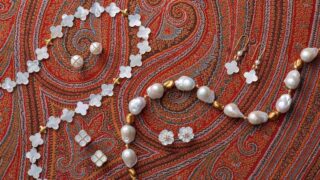In our last chat with DR PAULINE TAYLOR of Pets Central, she answered our readers’ questions about their furry companions, including how Hong Kong’s loud noises can affect pets, and how to choose the best toy for your pup. This time, we learn about navigating the festive season if you own cats and dogs (including what treats to avoid!). Plus, how to help cats in Hong Kong that might be suffering from anxiety.
With the festive season coming up, there are lots of treats for pets available, including Christmas cake for dogs and ‘pup cakes’. How healthy are they?
When it comes to what you feed to your pets over the festive season, common sense should prevail every time. Over my years as a vet, I have seen many animals with upset tummies, vomiting, diarrhoea and chocolate poisoning at this time of the year, as well as foreign bodies causing obstructions, and also fat overload in pets.
Usually, the problems lie with pet parents overfeeding their pets – though sometimes it can be a sneaky animal stealing foods they really shouldn’t eat! Traditional Christmas cakes are highly packed with calories and made from oils, fats, sesame seeds, Christmas mincemeat (a blend of currents, raisins and cherries), sweet treat fillings, salty eggs and pastry crusts, and are definitely a “no-no” for your pets.
I can’t really comment on special Christmas cake for dogs and pets except to remind you about using common sense – don’t feed them treats that are likely to make them ill no matter how much your pet may like them or how strongly the advertising promotions recommend them to you. You’re unlikely to find “healthy” Christmas cakes – unless you make them yourself. I designed my own Christmas cake recipe for pets many years ago but I’m very lucky that my own dog loves lettuce and blueberries!
My cat goes to the toilet much more frequently in winter or when it’s cold. Is there a reason he does this?
I’d really like to know if your cat is an indoor or outdoor cat. Also, do these toilet habits involve both urine and faeces? In winter, just like we don’t want to go out when it’s cold or raining, often neither does your cat. If that’s the case, it may be simply that you’re witnessing what is normal toileting for your cat because he doesn’t go outside. Frustration, stress or anxiety can cause a cat to change their toileting habits. Any change in their routine, such as a new person or a new additional pet in the household, or moving to a new house, can lead to changes in toileting.
They may also “mark” spots in the house with their urine as a means of marking their territory. Many times with an outdoor or indoor cat, a new neighbourhood cat could be causing fear and distress to them. This can make them frightened to go outdoors. However, these things said, if your cat’s behaviour continues to be abnormal, and if there’s any visible straining to pass urine, or abnormal coloured urine is being passed, it could be time to have him checked by your vet.
Should I get my family a pet this Christmas? What are the key things I need to consider?
Getting a pet around Christmas was once considered a bad idea. This was to stop either impulse pet buying or adoption that used to lead – it was thought – to an increased “post-holiday” rate of pet returns to welfare groups or shelters, or simply to pets being abandoned. The theory was that as the holiday spirit wears off and life goes back to normal, the pet becomes more work and more expense when the credit cards are already full. Also, the magic of having one in the home wears off with the daily drudge of taking them for walks, cleaning their feet, washing their bowls, playing with them and so on, when there are already many other things to do as well as go to work!
However, studies done in California show that pets adopted around the holidays actually have the lowest rate of return to animal shelters! With this in mind, if you’re considering getting a four-legged addition of a pet to your family, some basic things need to be considered. They are:
#1 “Do I have enough time for a pet in my day to-day life?”
Pets need to be walked. They need exercise. They need playtime, bath time, feeding, hair combing time and so on. And they need this for their entire life. This could be 10 to 20 years or even more with some non-hairy pets such as reptiles or birds.
#2 “Can I afford a pet?”
Expenses include food, regular vaccinations and parasite prevention, and other unforeseen medical bills.
If the answers are yes to these two simple questions, then I would advise you to go ahead and rescue a pet for Christmas. There are many homeless animals waiting to be adopted. Choose carefully to suit your family and your lifestyle and the rewards can be plentiful. Not only will you get the satisfaction of knowing you have helped a pet find a loving home, you will get a lifelong companion that will become one of your best friends.
About Dr Pauline Taylor (BVM&S MACVSc)
After graduating from Edinburgh University, Dr Taylor began practicing in Scotland, working with farm animals. She has accrued over 30 years of experience in caring for animals in various places. This includes the UK, New Zealand and Hong Kong.
Pets Central operates multiple Animal Clinics and Hospitals for the care of your dogs and cats in Hong Kong:
North Point Hospital | 2811 8907
Mong Kok Hospital | 2309 2139
Tseung Kwan O Hospital | 2244 6684
Sai Kung Hospital | 2792 0833
Park Island Mobile Clinic | 6223 0903
To catch up on our earlier discussion with Dr Pauline Taylor on dogs’ habits and which toys are best for dog owners to buy, head here!
Find more tips about cats and dogs in our Living in Hong Kong section. This article first appeared in the Winter 2023 issue of Expat Living magazine. Subscribe now so you never miss an issue.

